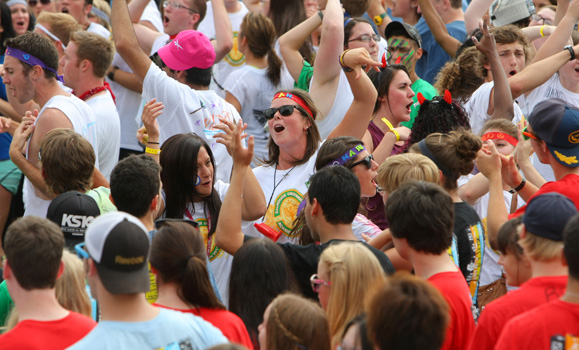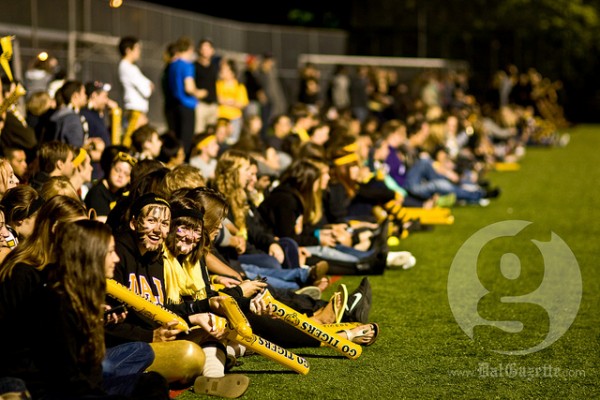Background
Students Offering Support is a registered charity that originated in 2004 as a national network of campus clubs providing peer-to-peer tutoring on university of campuses, while raising funds to support education-based projects led by local partners in 20+ countries throughout Latin America. Traditionally this had been in the form of infrastructure-based projects, such as building or renovating new classrooms, playgrounds, sports courts, libraries, etc. The organization also facilitated cross-cultural service learning opportunities to provide opportunities for campus-based stakeholders to contribute to the projects in a hands-on manner.
Core Challenge
SOS had faced multiple years of declining revenue streams, due in part to a confluence of external environmental factors, as well as internal challenges stemming from the transition of the organizations’ founder and long-time Executive Director. Overall the organization was presented with challenges to its long-term viability and sustainability.
Response:
Utilized initial onboarding period to deeply understand diverse stakeholders’ perspectives on current operations, core organizational competencies, and challenges. This included designing and facilitating various participatory design thinking processes (eg. journey mapping exercises) to identify key opportunities and pain points of distinct stakeholder groups
Conducted strategic research to build a shared and in-depth understanding of the external context, and hosted multiple processes to define organizational core competencies, and refine organizational positioning, as well as to build awareness of sectoral best-practices and evidence-informed approaches
Developed a gradual, phased approach to support a shift in the organization’s strategic direction towards evidence-based approaches to global development, informed by best practices in the international development sector. The phased emphasized a prototyping process to validate the viability of new approaches and refine the concepts prior to scaling.
Led grant writing, partnership building, public speaking, and business development to engage new partners in supporting the trajectory of the organization
Streamlined internal operations to free up staff bandwidth to focus on strategic growth, including adoption of electronic (paperless) approaches to financial management and a revamped IT platform for management of volunteers, e-commerce activities, and chapter operations
Developed engaging communication materials to build awareness and understanding of new organizational approaches among all stakeholders, including volunteers.
Key Results:
The Guatemala Groundswell project was successfully piloted and scaled, to form the new cornerstone for SOS’ global activities. A complete report of the project’s first year can be found here and includes evidence-based success across a range of indicators, including measureable improvements in school enrollments and attendance.
Secured proof of concept funding via Fund for Innovation and Transformation to support new approach to improving access to education utilizing e-learning interventions complemented by mentorship and peer tutoring. Based on results of ‘proof of concept’ pilot project, secured five-years worth of funding from Global Affairs Canada to enable the sustainability of the project, along with expansion to additional communities
Established new partnerships and strengthened existing relationships with post-secondary institutions to establish curriculum-linked global citizenship education offerings. Key partners included Durham College, Carleton University, University of Toronto, and Colleges and Institutes of Canada (CiCan). This included multi-year funding from CiCan to support expansion of programming with post-secondary institutional partners.
Successfully established a monthly donor program to support diversification and sustainability of revenue streams













